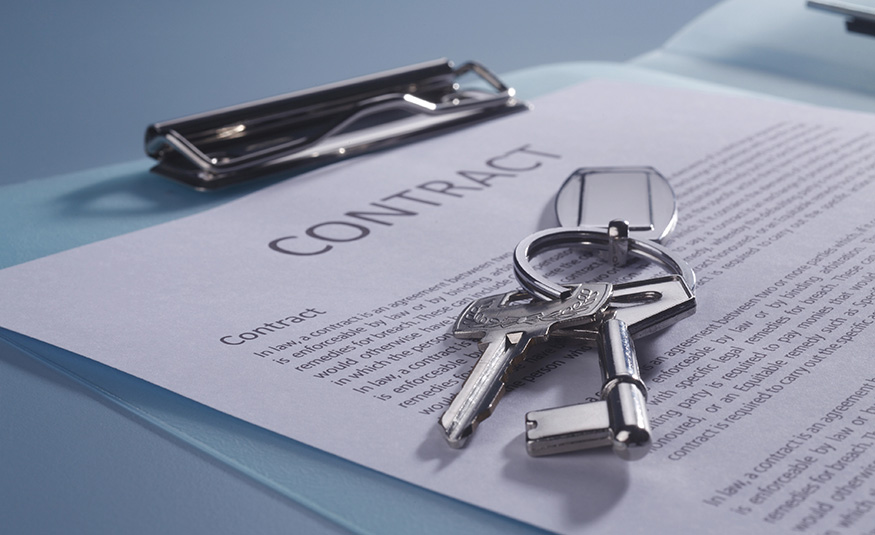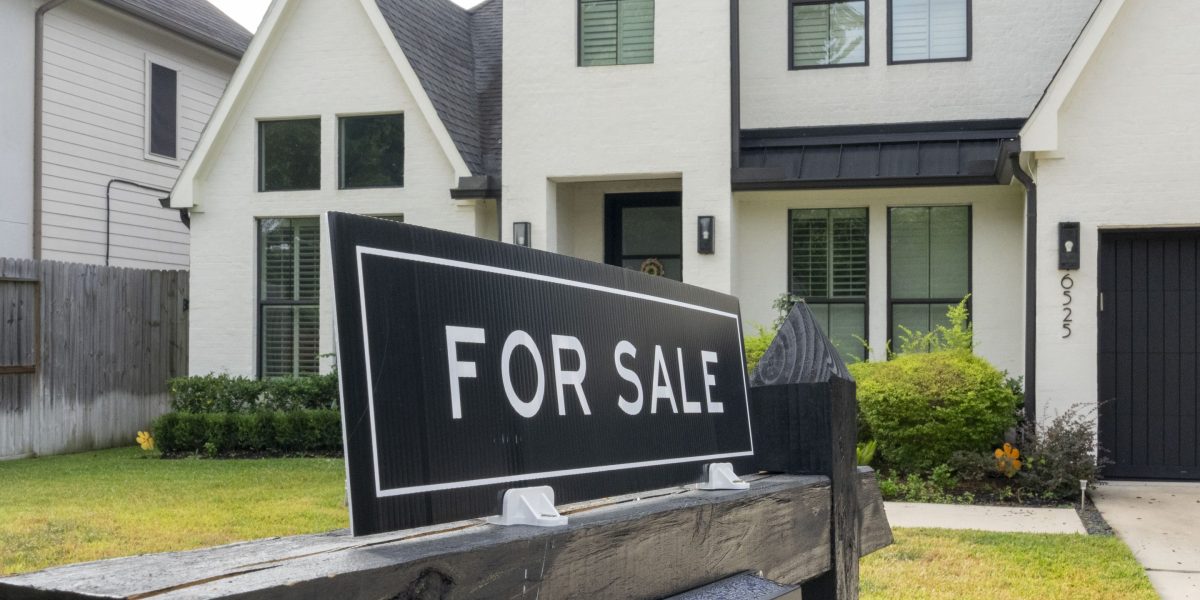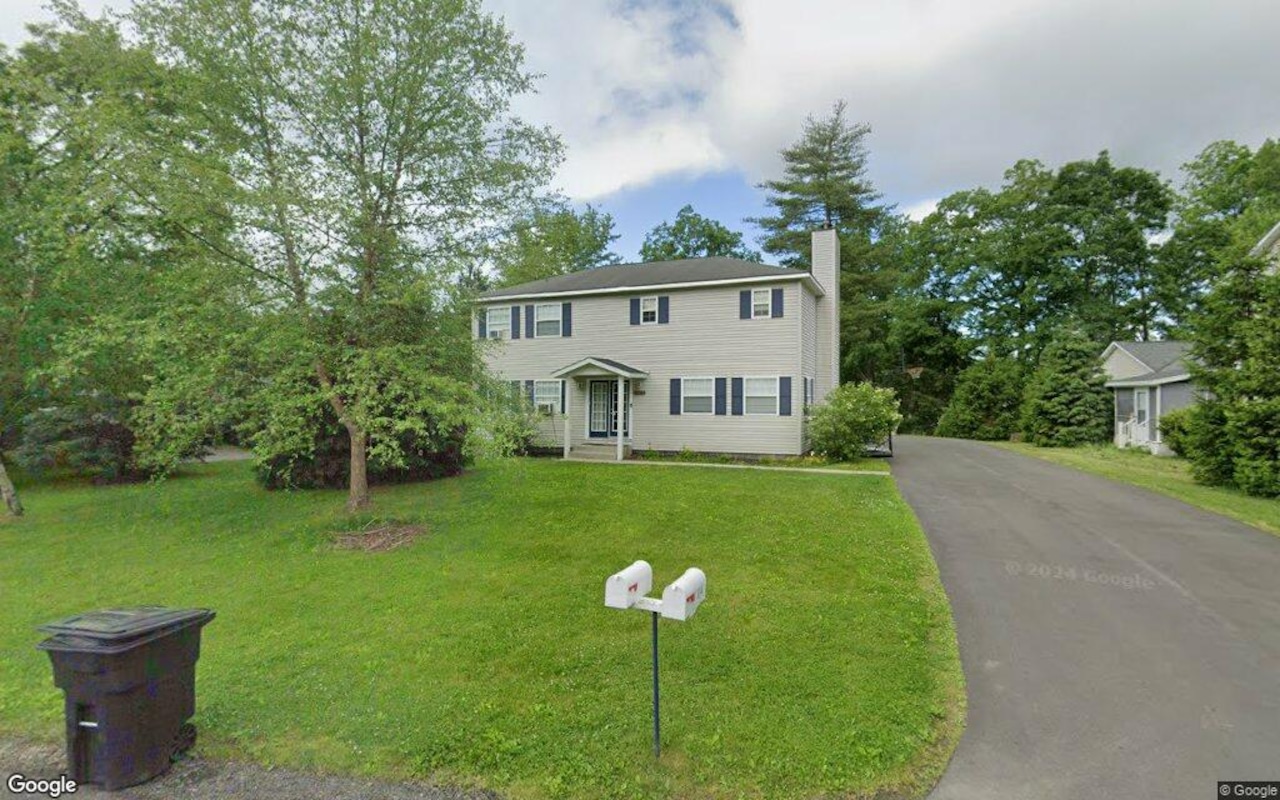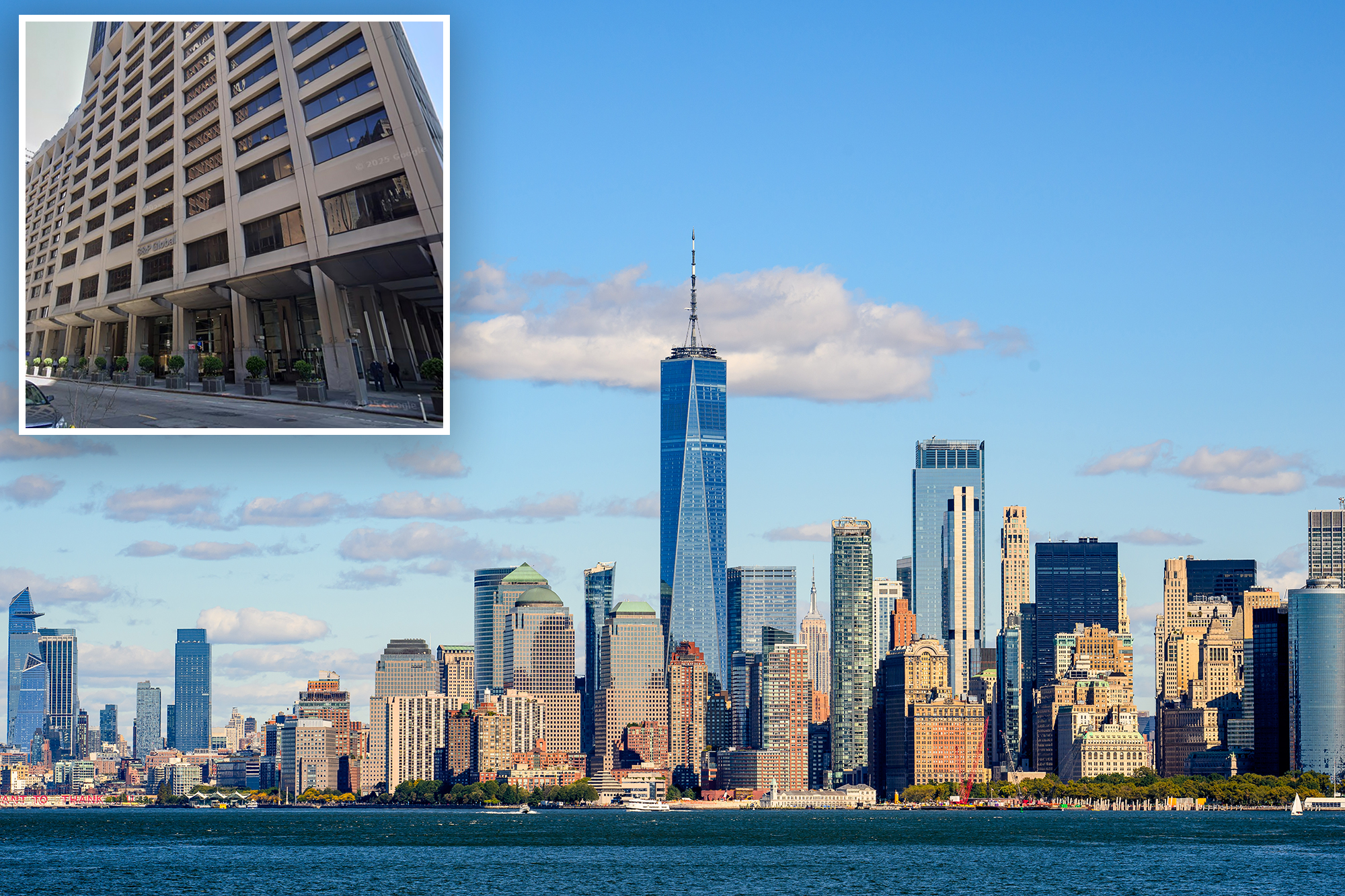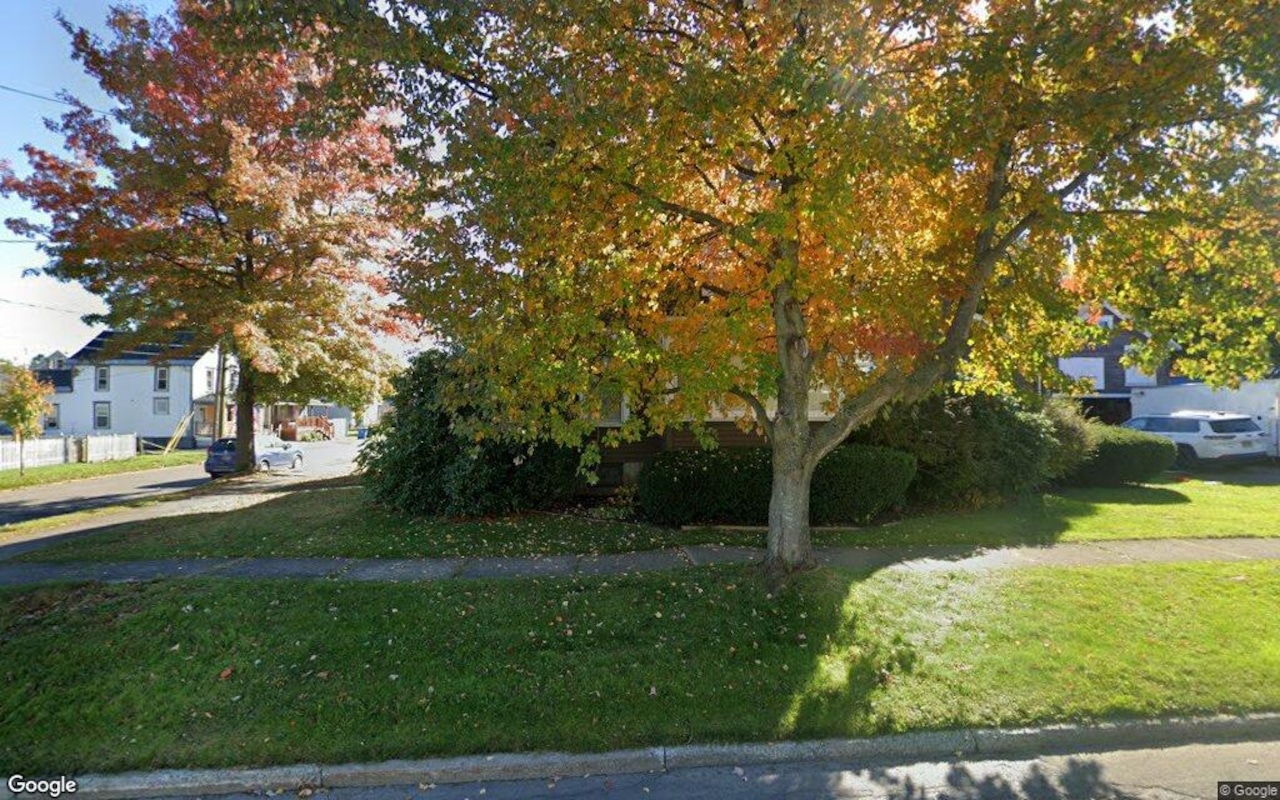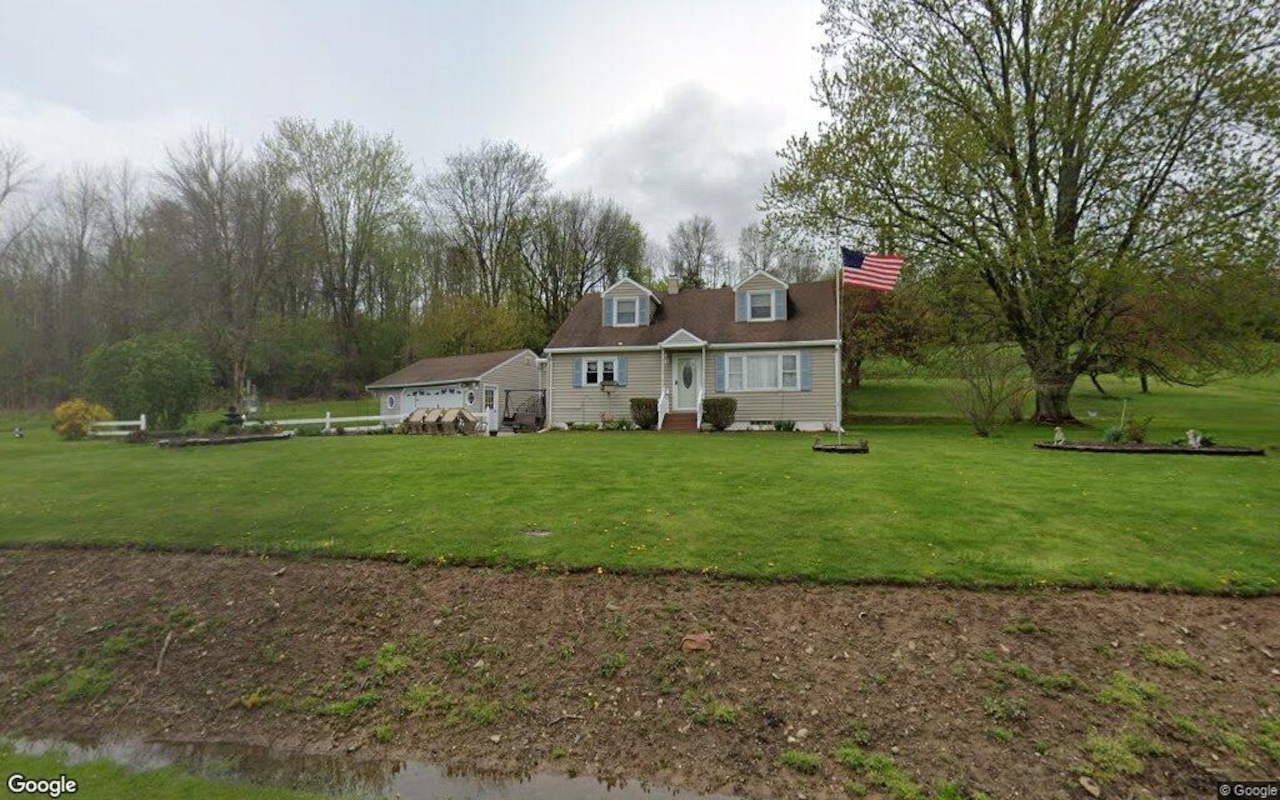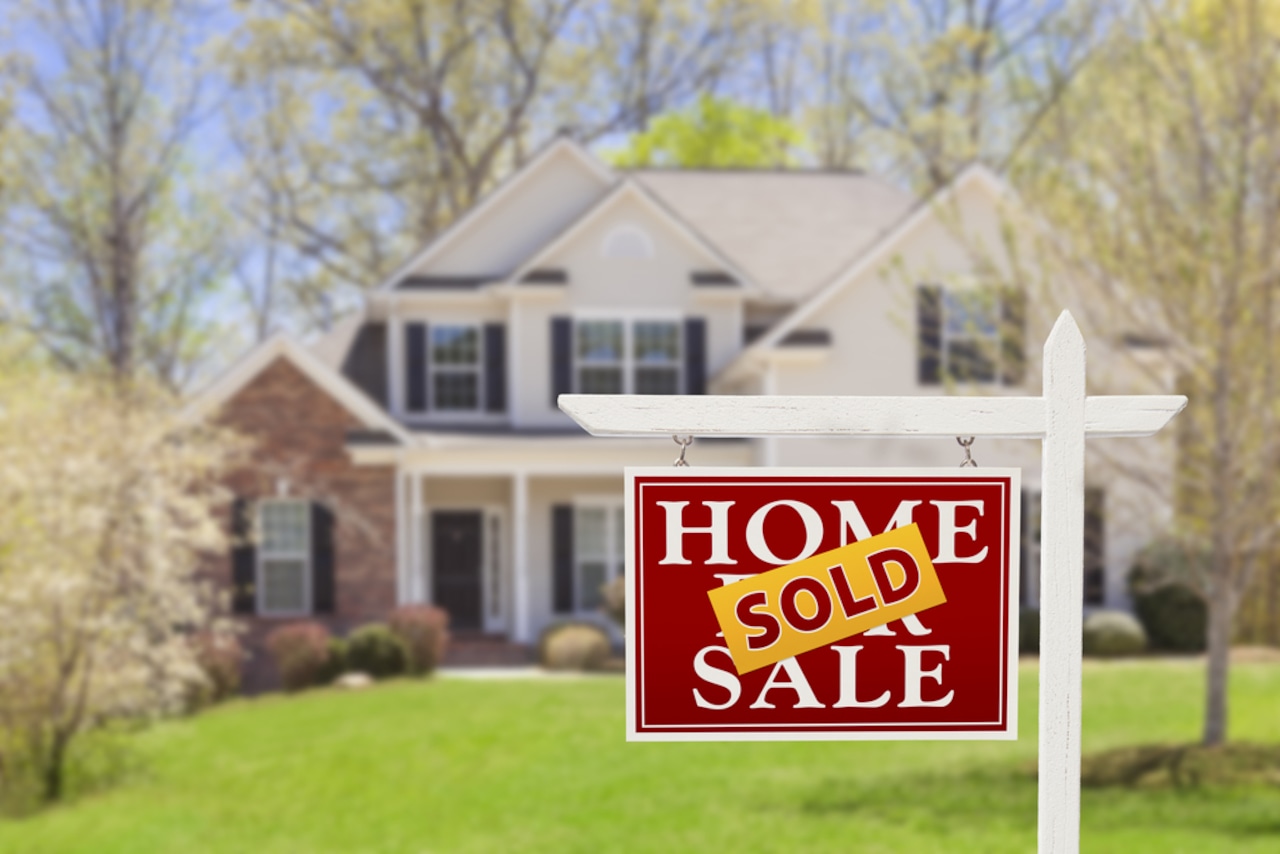A
Miami condominium association has filed for Chapter 11 bankruptcy, weighed down by tens of millions in debt. This development is raising concerns that it may be a harbinger of financial woes for other aging complexes across Florida. When a homeowners association (HOA) collapses, the consequences are immediate and severe. Residents face the loss of shared amenities like pools and gyms, neglected landscaping, and stalled maintenance. To make up for the shortfall, homeowners often bear the brunt of steep special assessments and surging monthly dues.
As property values depreciate, selling becomes increasingly difficult. Some residents may attempt to replace the existing board or dissolve the HOA entirely, leaving them to manage common areas on their own or seek costly alternatives. This is part of a broader condo reckoning in Florida, where runaway HOA fees, aging infrastructure, and poor financial planning have pushed many communities to the brink.
Governor Ron DeSantis has recently signed a law aimed at making HOA boards more transparent, accountable, and less intrusive. Starting July 1, the law will rein in homeowners associations accused of slapping residents with surprise fees and fines for petty infractions. The situation is dire, with many older condos facing costly upgrades and new insurance mandates.
Experts say HOA bankruptcies usually stem from a toxic mix of problems: poor financial planning, underfunded reserves, emergency repairs, missed dues, and sometimes even fraud or embezzlement. With many condo associations struggling to stay afloat, bankruptcies may become increasingly common – and financially devastating for owners caught in the fallout.
David Podein, an attorney specializing in HOA law, has secured over $100 million in bank loans for condo associations to fund urgent improvements and avoid displacement. He stresses that poor money management by board members and lack of transparency with residents are key factors contributing to financial crises.
In the case of the Sunset Palm Villas Condominium Association, the bankruptcy filing was submitted on June 21 in US Bankruptcy Court in Miami. The complex, built in 1958, consists of 267 units, with a median home price of $149,000. Under Chapter 11, the HOA can continue to operate but decisions must now be court-approved.
Homeowners may have legal grounds to sue board members for negligence or breach of fiduciary duty if they suspect their funds were mismanaged. The HOA may seek to recoup its losses through special assessments, which homeowners are legally obligated to pay. If they refuse or can't afford to, the HOA may pursue collections or even liquidate personal property to pay down debts.
To avoid such scenarios, Podein advises boards to plan strategically, budget wisely, and communicate openly with residents. Keeping adequate reserves and staying within the community's means can prevent financial disaster. A well-run HOA doesn't need to fear bankruptcy because the board is honest and transparent.
The condo market in Florida has been fragile due to rising homeowner's association fees, costs to upkeep the property, and tough new building laws. Realtors predict that right now may be a good time to buy a condo in the Sunshine State, as inventory continues to rise and prices cool.
![Condo complex bankruptcy filing amidst HOA financial struggles in [location] city.](https://static.realestate.news/2025/6/30/23848/99861905-0-image-a-74_1751297236533.jpg)
